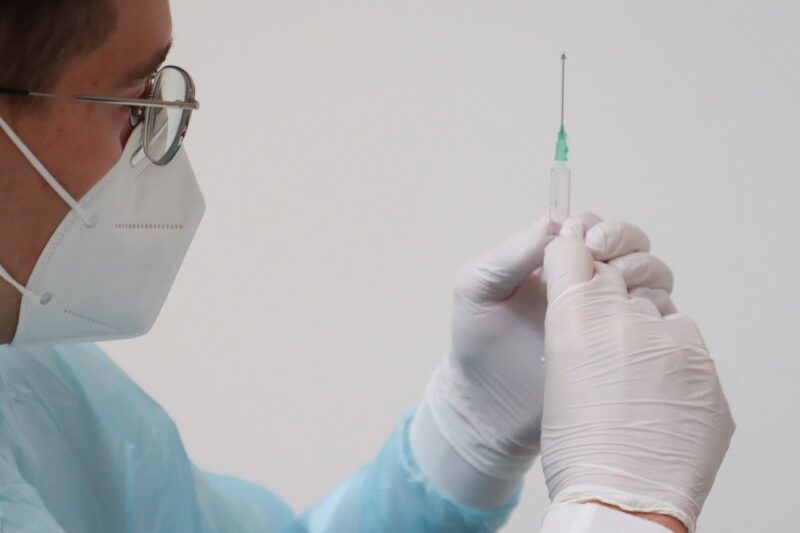
Tonix Pharmaceuticals and Kansas State University (K-State) in the US have entered a preclinical research agreement for developing a live-virus vaccine, TNX-2300, against Covid-19.
A novel, investigational biologic, TNX-2300, is presently in the pre-investigational new drug application (IND) stage.

Discover B2B Marketing That Performs
Combine business intelligence and editorial excellence to reach engaged professionals across 36 leading media platforms.
It is created to potentially elicit T cell immunity against the spike protein of the SARS-CoV-2 virus.
The latest agreement between the parties expands the research being carried out under an initial deal.
Currently, Tonix and K-State are developing a Covid-19 vaccine candidate that leverages a new live virus vaccine vector platform, bovine parainfluenza virus.
In addition, the parties are assessing the impact of co-expression of the CD40-ligand to stimulate T cell immunity.

US Tariffs are shifting - will you react or anticipate?
Don’t let policy changes catch you off guard. Stay proactive with real-time data and expert analysis.
By GlobalDataK-State will progress to carry out the preclinical development of the vaccine for Covid-19 and analyse the effect of CD40-ligand co-expression under the expanded agreement.
Furthermore, Tonix has an option to an exclusive license for the clinical and commercial usage of K-State’s intellectual property (IP) linked to coronavirus vaccines under the collaboration.
Tonix Pharmaceuticals CEO Seth Lederman said: “In the first completed phase of the research project, K-State showed that vaccinating hamsters with bovine parainfluenza virus expressing SARS-CoV-2 spike protein elicited antibody responses to the SARS-CoV-2 spike protein.”
“Our goal in utilising bovine parainfluenza virus as a live virus vaccine vector is to develop a Covid-19 vaccine that is well tolerated produces durable immunity, prevents forward transmission and can be rapidly and broadly deployed.”
In January this year, Tonix and K-State signed an exclusive option agreement and research collaboration for developing zinc nanoparticle (ZNP) mRNA vaccines for Covid-19.
The ZNP will substitute the lipid-nanoparticle (LNP) technology used in present Covid-19 vaccines.




